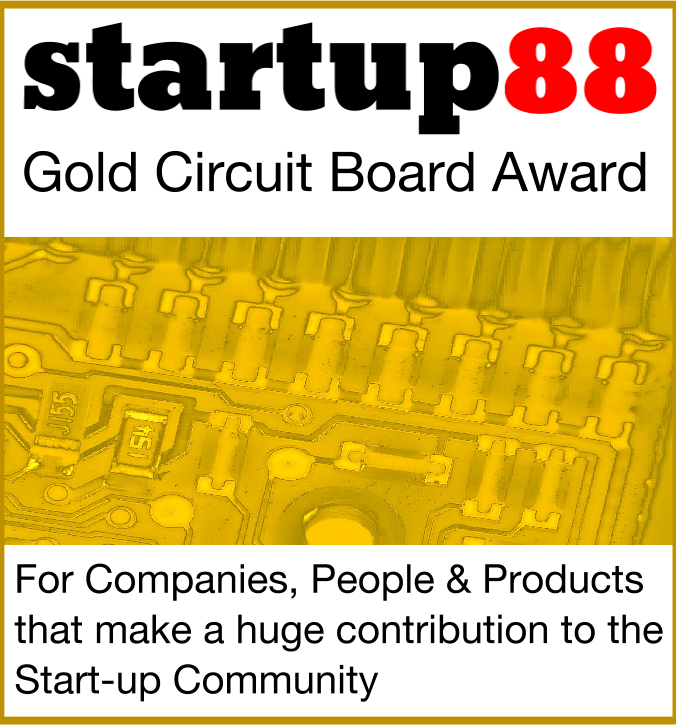Shenzhen is the best city in the world for Makers, Hackers and anyone who needs to build...
electronics
Cartesian co-founder Ariel Briner talks about their new Argentum Circuit Board printer at Sydney Maker Faire ....
Adding to the highly capable 123D range of free software for makers and enthusiasts, Autodesk has released...


